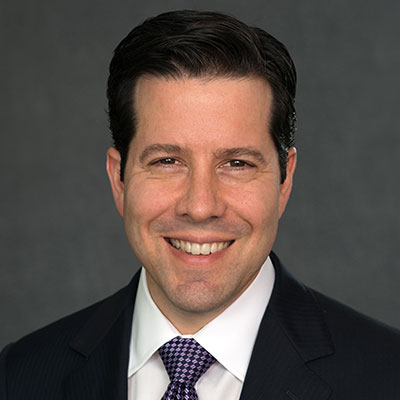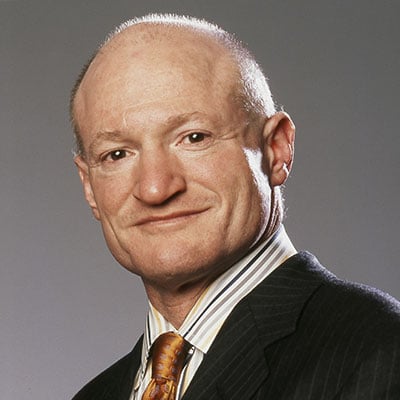Edison Mission Ch. 11 Doesn't Bar Enviro Action, Judge Told
The Sierra Club on Wednesday asked a federal judge for permission to drag bankrupt Edison Mission Energy before Illinois state environmental regulators to answer for what the group claims are excessive sulfur dioxide emissions from the power company's coal-fired plants in the state.
At a bankruptcy hearing in Chicago, the environmental group argued that the automatic stay shielding EME from creditors and lawsuits while it is in Chapter 11 does not apply to the group’s regulatory action before the Illinois Pollution Control Board, which targets four plants operated by EME subsidiary Midwest Generation LLC.
The Sierra Club lodged its complaint on Dec. 15 — just two days before EME filed for bankruptcy — alleging the Midwest Generation plants emit sulfur dioxide at levels far above a recently minted U.S. Environmental Protection Agency air quality standard.
Matthew McClintock of Goldstein & McClintock LLLP, who represents the Sierra Club, told the court that the group qualifies for the so-called “police power exception” to the automatic stay — which is generally reserved for regulators and other governmental units — because the group is acting as a “private attorney general” to enforce state environmental laws.
He added that the company would not be prejudiced by allowing the IPCB action to proceed. Even if the automatic stay applies, it should be lifted to help protect local residents breathing “illegal levels” of sulfur dioxide every day, he said, pointing to the dozen or so concerned citizens who showed up for Wednesday’s hearing.
“These regulations are not going away,” McClintock said. “These emissions issues are something that the debtors or their successors are going to have to deal with, probably very soon.”
EME, however, contends the sulfur dioxide emission standard cited by the Sierra Club is not yet enforceable because the EPA and Illinois are still in the midst of the rulemaking process. Joshua Sussberg of Kirkland & Ellis LLP, an attorney for the debtors, said the Sierra Club is aiming to “fast-forward” a process that it perceives as too slow.
The IPCB proceeding would both interfere with the rulemaking process and distract EME officials from pressing matters in the bankruptcy, which shifted in July to an effort to sell the company’s assets after an initial restructuring agreement with bondholders and parent Edison International fell apart.
“To put Midwest Generation in this position is inappropriate, unnecessary and absolutely in opposition to how the Clean Air Act is supposed to work,” Sussberg told the court.
He also noted that the cost of environmental compliance at its coal plants was a major factor in Edison Mission’s bankruptcy. Midwest Generation entered court protection after spending over $600 million on capital expenditures to bring its coal plants in line with new environmental regulations, Sussberg said.
U.S. Bankruptcy Judge Jacqueline P. Cox took the matter under advisement after the hearing, saying she would issue an opinion “as soon as possible.”
Santa Ana, Calif.-based EME filed for bankruptcy on Dec. 17, listing $5.13 billion in assets against $5.09 billion in liabilities in its petition.
In August, Creditors of EME asked for court permission to sue the company's nonbankrupt parent, Edison International, based on claims that it sucked all the value out of its subsidiary until it was no longer of use. A hearing on that motion is scheduled for Nov. 6.
The Sierra Club is represented by Matthew E. McClintock and Harold Israel of Goldstein & McClintock LLLP.
EME is represented by James H.M. Sprayregen, David R. Seligman, Sarah Hiltz Seewer and Joshua A. Sussberg of Kirkland & Ellis LLP.
The case is In re: Edison Mission Energy et al., case number 12-bk-49219, in the U.S. Bankruptcy Court for the Northern District of Illinois.
REPRINTED WITH PERMISSION FROM THE OCTOBER 16, 2013 EDITION OF LAW360 © 2013 PORTFOLIO MEDIA INC. ALL RIGHTS RESERVED. FURTHER DUPLICATION WITHOUT PERMISSION IS PROHIBITED




